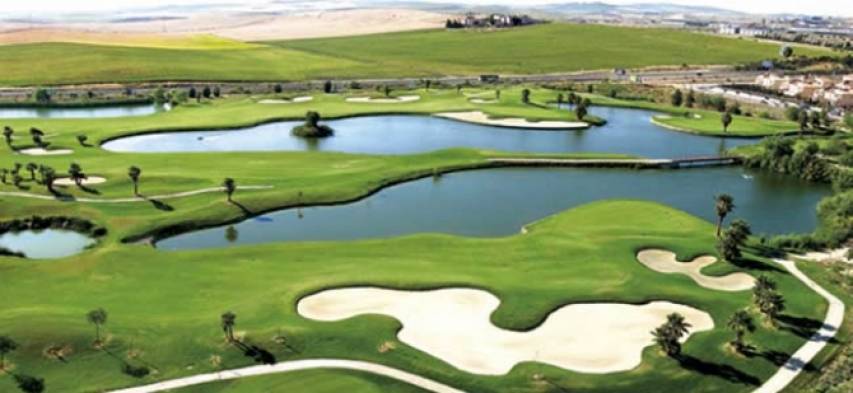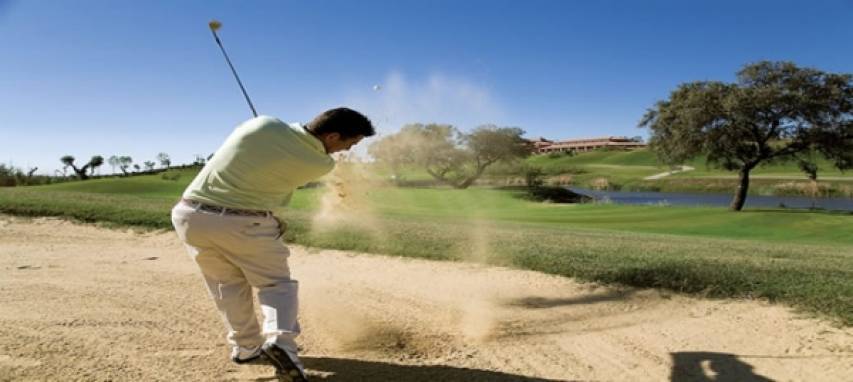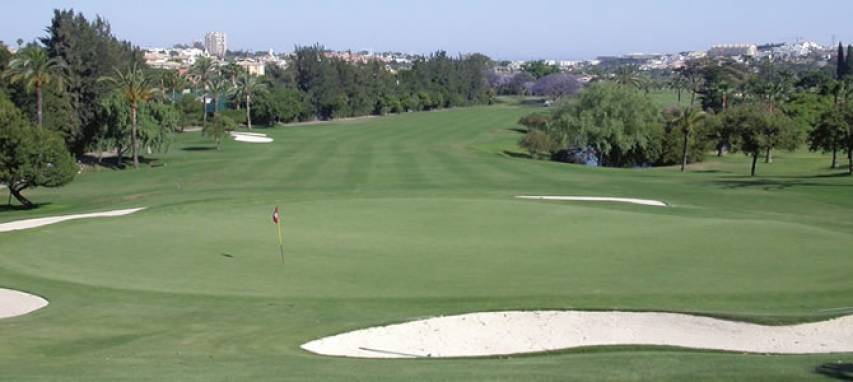After a year during which he ended a winless drought that had lasted three years and once again showed the form his fans hoped he would rediscover, Sergio García begins a new season in a more relaxed frame of mind, with the maturity of someone who has just turned 32 and the emotional balance of knowing his game has returned to its magic of old.
–You ended the year as the leading Spaniard in the Official World Golf Ranking (17th) and won two consecutive events on the European Tour. What was the key, or keys, to your resurgence after such a long period, three years, without a win?
–I believe 2011 was a fairly positive year even before I won in Castellón and at Valderrama, though of course those two wins were amazing bearing in mind what Castellón and Valderrama mean to me. The keys were once again recuperating the feeling in my play and enjoying my
–Have you set any goals for 2012?
–o specific ones, though obviously I want to continue working along the same lines as in 2011 and give myself the option of winning on Sunday.
–Now 32, and after 12 years as a professional, if you had to choose one memorable moment in your career what would it be?
–I couldn’t choose just one. Obviously, the Ryder Cups, winning The Players Championship, the two events I won in Castellón, and winning at Valderrama, for the course’s history and the fact no Spaniard had won there before.
–Which victory that you were close to securing, but missed out on in the end, hurt you most?
–The 2007 British Open.
–You previously reached number two spot in the World Ranking. Do you believe you can climb up the ladder and make it back into the top five?
–A few years ago I was concerned about the World Ranking. Now, all I’m worried about is giving it my best and, if that enables me to be among the top five, then great.
–Do you believe we will once again see the Tiger of old, that “extraterrestrial” who led the way in world golf?
–Tiger showed during more than a decade that he was the best player in the world, and possibly in the history of the game. I’m sure he will once again win plenty of tournaments up until he retires, but I don’t believe he will return to that same “extraterrestrial” level he achieved in, for example, 2000.
–Sorry for going on about this again, but what does it mean to you to have not won a major yet?
–Well, nothing really. Obviously it would have been great to have won one, but it’s not the end of the world. What is clear is that I’m going to keep working hard to win one.
–How do you see the present and future of professional golf in Spain? Any star in the making?
–The present is pretty well covered, with many excellent players. As for the future, I can see good players coming through who in a few years will bring us a lot of joy.
–Do you see any major differences on the main international tours these days compared with when you turned professional? Do you believe, in general terms, that things have improved or worsened for the professionals?
–I believe things have changed for the better since I turned pro in 1999, on all the tours. Golf has grown as a sport, not only in Spain but also in Asia and South America, among other areas, and that’s always good news for our game.
–You recently signed a contract to design your first golf course, in China. What, in your view, are the keys to designing a top course?
–In this case, the course is a links and we have a spectacular plot of land in Qinhuangdao. I believe the keys of a good design are that the course represents a good test for professionals while also being one the amateurs can enjoy.
–Now that you are just one year away from the average age when men marry in Spain, do you believe you could be part of this statistic, or are you destined to be single indefinitely?
–I would like to marry and have children in the future, though I don’t know when. I’ll let you know if I fulfil, or don’t, that statistic.







